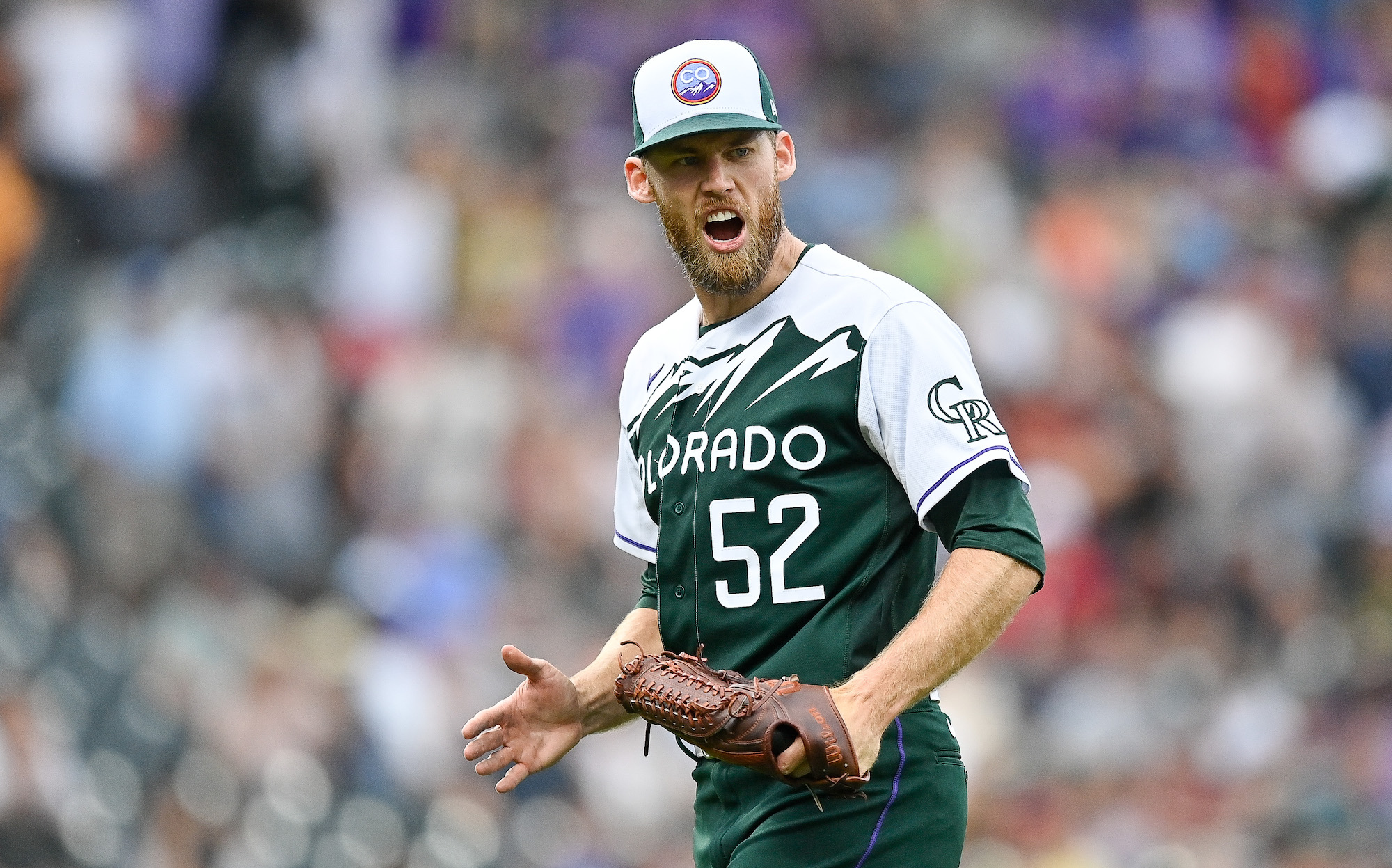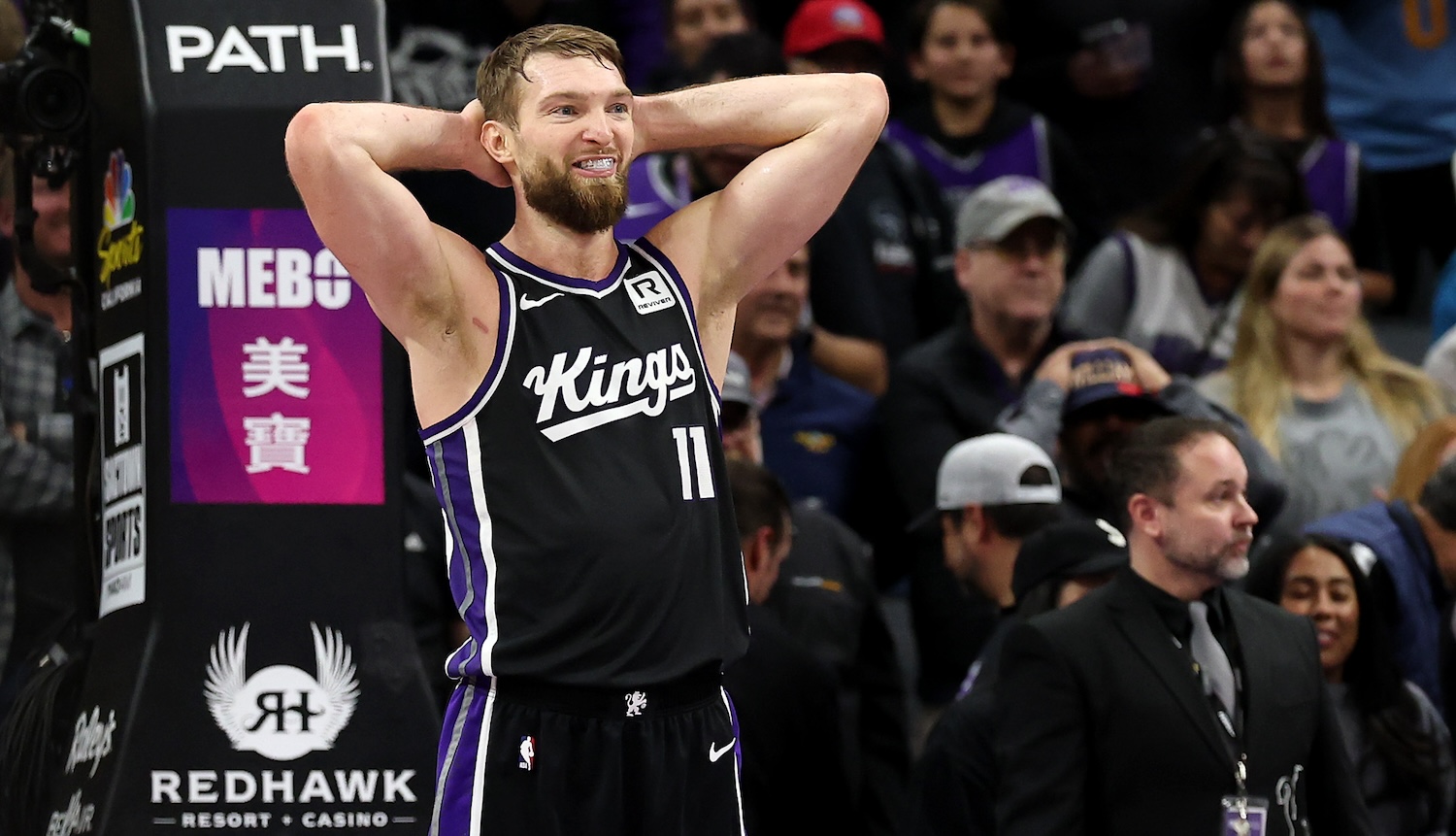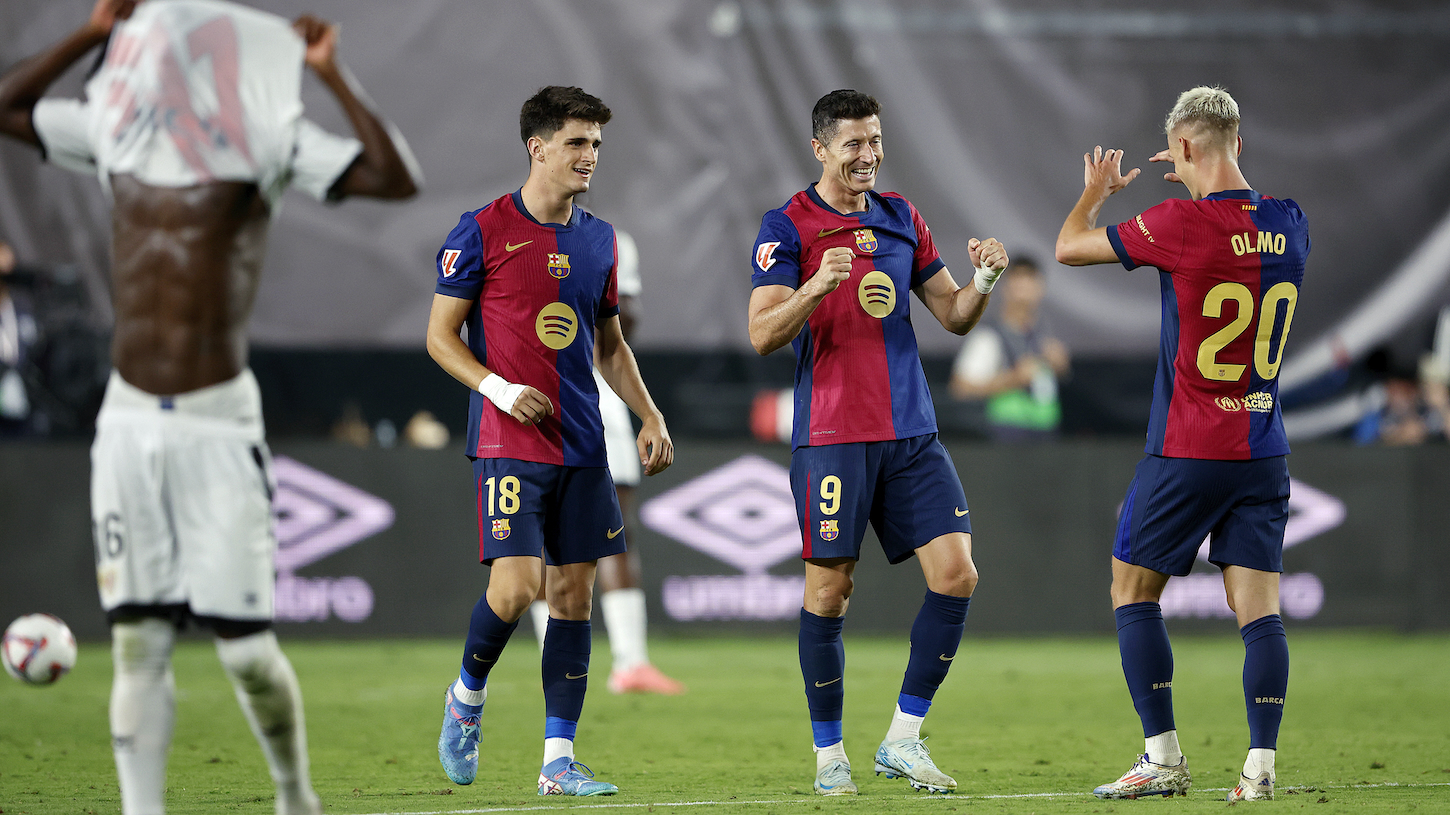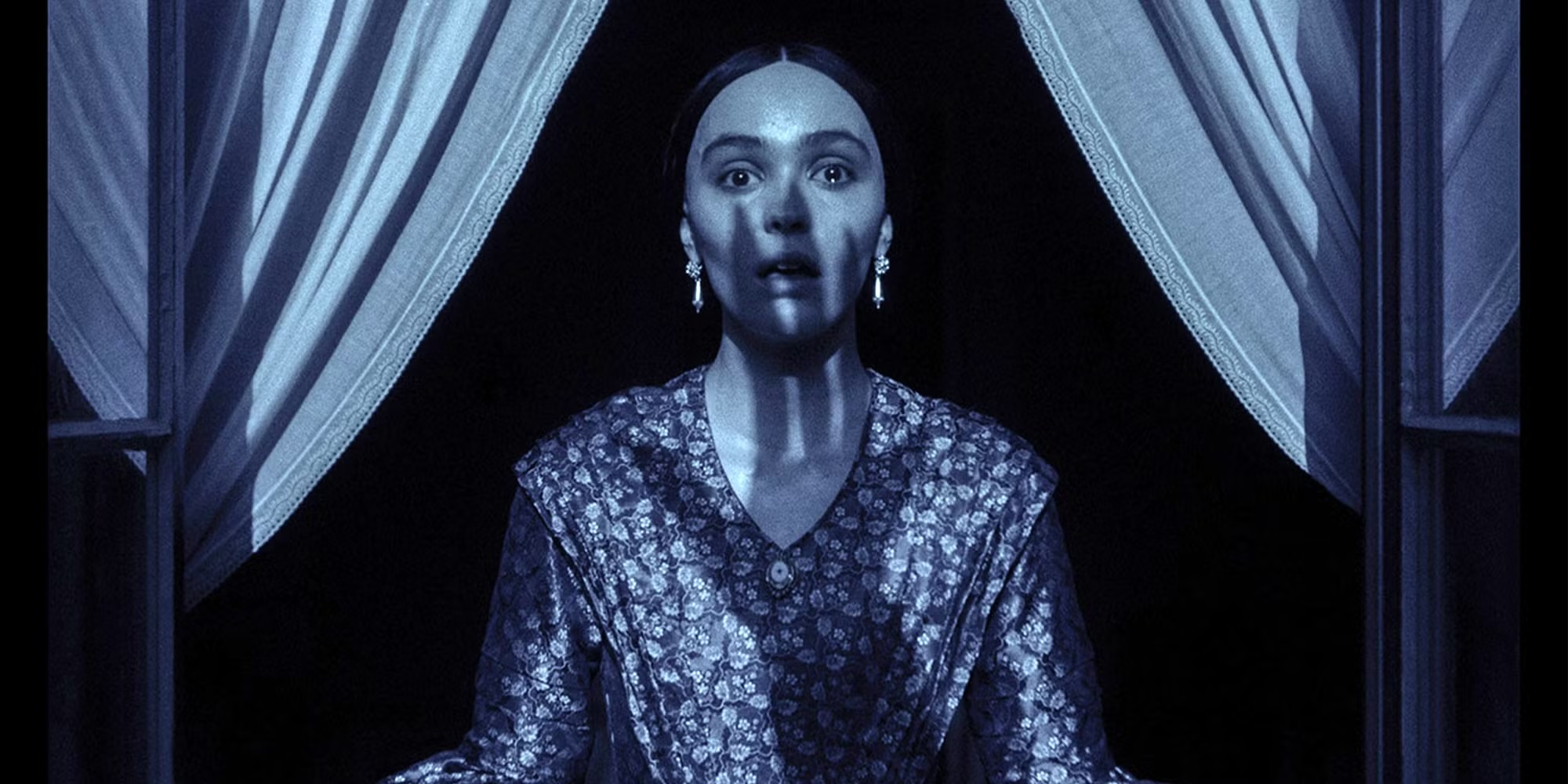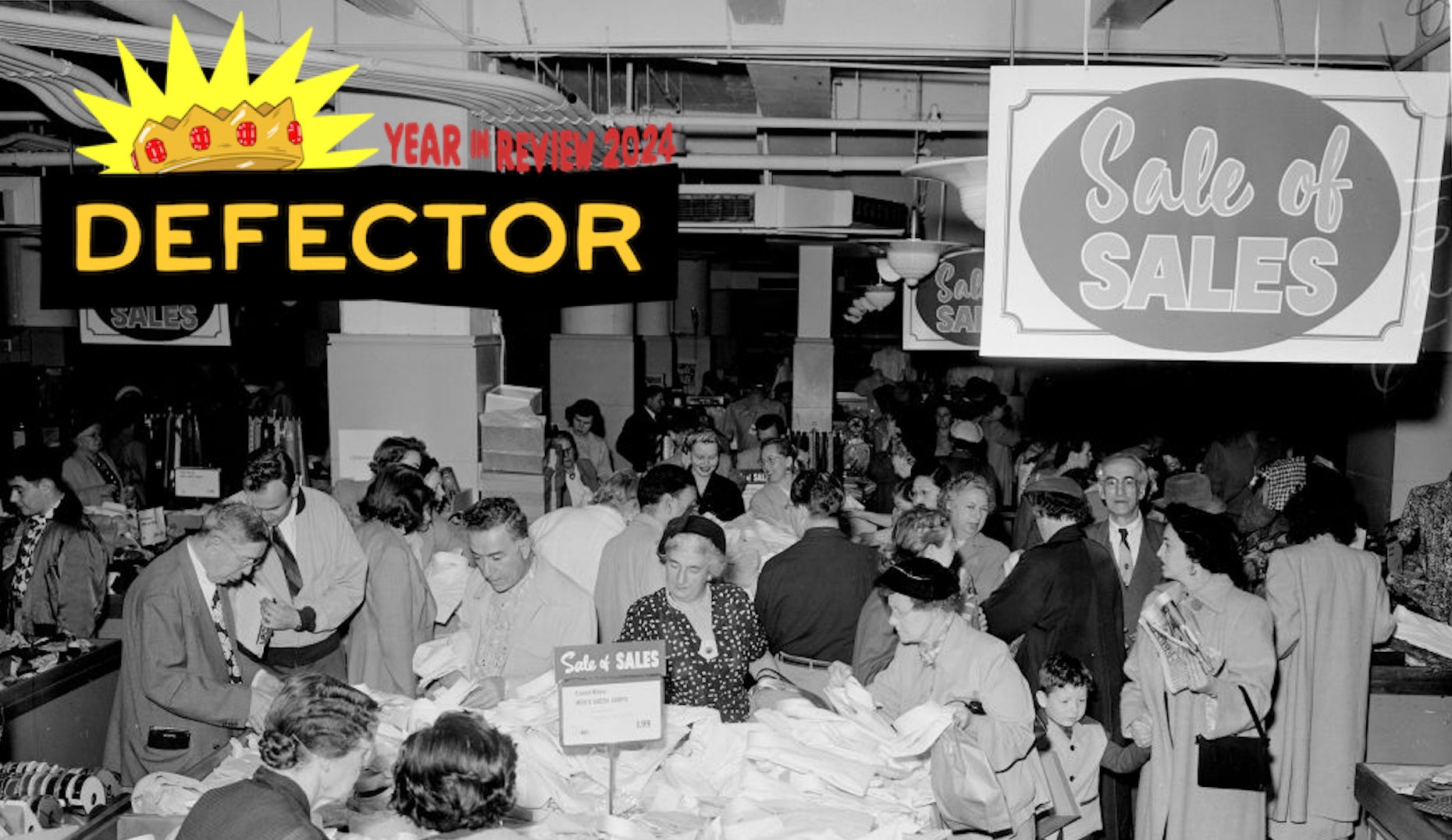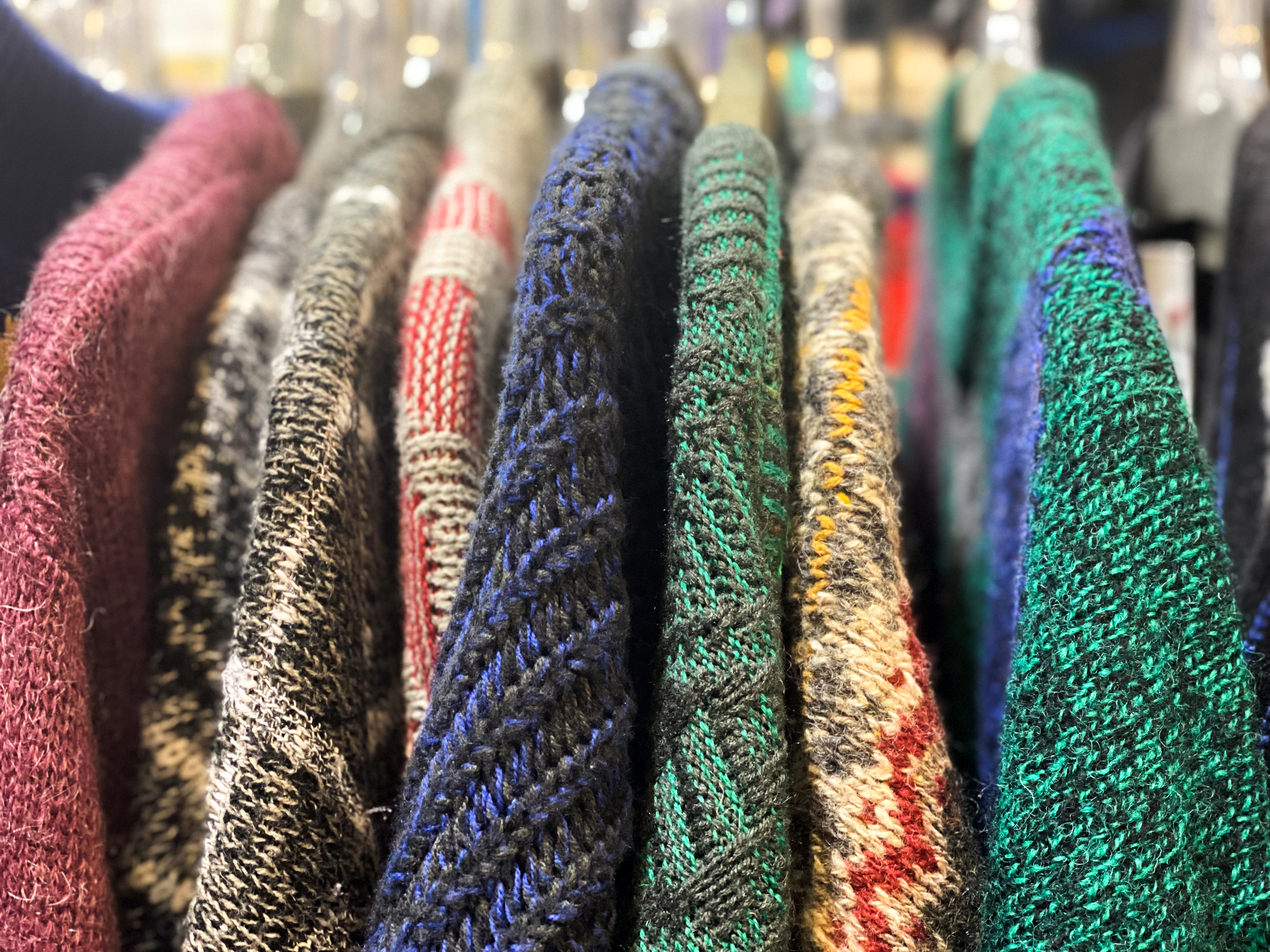The MLB trade deadline will surely feature more significant moves, but the weirdest this month might have been the Colorado Rockies' decision to not trade closer Daniel Bard. Instead, they gave the 37-year-old relief pitcher a two-year, $19 million extension so that he'll remain with the team through 2024. Typically this is a move to establish some security in the bullpen, provided that the organization making the move has immediate hopes to compete in the postseason. The Rockies do not meet that condition.
The Rockies are really just out there doing stuff. This was evident prior to the 2022 season, with the puzzling seven-year contract given to Kris Bryant, and additionally confirmed by their other moves before that. In the past two seasons, they traded away Nolan Arenado, lowballed Jon Gray, and let Trevor Story walk. The Rockies probably aren't too broken up about that last one, but still: Are they still rebuilding, and if so, what is being built upon? The team has finished fourth in the division every season since 2019, and will once again scuffle at the bottom of the NL West this year.
The issue isn't that Bard got paid, because he's been stellar. He also has a fascinating story behind how he landed in Colorado. A decade ago, he was on the Red Sox as a setup man who could hit triple digits, but in 2012 (the atrocious Bobby Valentine season) the team fiddled with him and tried to turn him into a starter. Bard faltered, completely lost his command, and got demoted. The yips took over, and after a series of minor-league contracts, he retired in 2017. The Arizona Diamondbacks hired him as a player mentor for two years, a clear sign that his playing career was a wrap. Before the 2020 season, Bard attempted a comeback, and his command was encouraging enough that he signed a Triple-A contract with the Rockies. In that COVID-shortened season, he turned in some quality innings in relief and was named the NL Comeback Player of the Year. His 2021 was uneven, but this year, he's been one of the team's few bright spots, with 22 saves, a 1.86 ERA, and a 1.03 WHIP.
Bard is a legitimate closer who merits a multi-year contract with this season's performance, and even though he's close to 40, his arm is probably a little fresher because of that seven-year gap in major-league action. But any other team in this position would have shipped him to a better team for a prospect or two. The Rockies chose to keep him. Perhaps the stats justify the sentimentality here. The bigger issue is that Bard is one of the few Rockies pitchers (along with reliever Tyler Kinley) who don't bleed runs. The team's "best" starter is Kyle Freeland, who has a 4.63 ERA and has 6.4 strikeouts per nine innings. He's never been a K-heavy pitcher, but that's still not ideal to have as the finest of your rotation. Jon Gray would have helped.
Nick Groke of The Athletic was correct a few days ago: The Rockies did not want to trade Bard despite all the rumors surrounding him. The team seems to prize any pitcher who doesn't struggle at Coors Field. Groke's story included an analogy from Rockies manager Bud Black that revealed the organizational logic:
“We’re fielding calls. We’ve got some players who are desirable,” Black said. “And I can’t speak to it, but I’ll give you some perspective. Team A might call on one of our players and their front office might say, ‘We like this guy.’ And our front office will say, ‘Well, yeah, he’s a good player, you should be on that player. What about so-and-so on your team?’ And they might say, ‘You’re on the right guy, too.’ That’s how it works. It’s not a one-way street.”
[...]
“But this happens a little bit, too,” the manager went on. “‘Hey, you guys have a Range Rover. We’ll take your Range Rover and we’ll give you our Honda Accord.’ And teams expect you to do that. Why would we do that? ‘How could you not trade your Range Rover?’ Because we might try to keep our Range Rover! Rather than trade it for your Subaru!”
The Athletic
If we want to torture this metaphor, the Rockies aren't making the most of their Range Rover. They're using it for five-minute trips to the grocery store and otherwise keeping it in the garage. Also, the Range Rover is leased, and the Rockies are letting the lease lapse and returning it to the dealership, but they're not even getting a Subaru in exchange. Now they have a bike, or something.
Anyway, this metaphor is now void since the Range Rover's lease has been extended. Even though there's no indication of a broader strategy for this organization, it's sweet that the Rockies spent some money on a closer who revived his career with them, I guess. However, this closer isn't going to have many high-leverage situations to enter if the pitchers before him cough up five runs per start. The Rockies have figured out who handles the ninth inning; they still haven't sorted out who pitches the first five or six.
